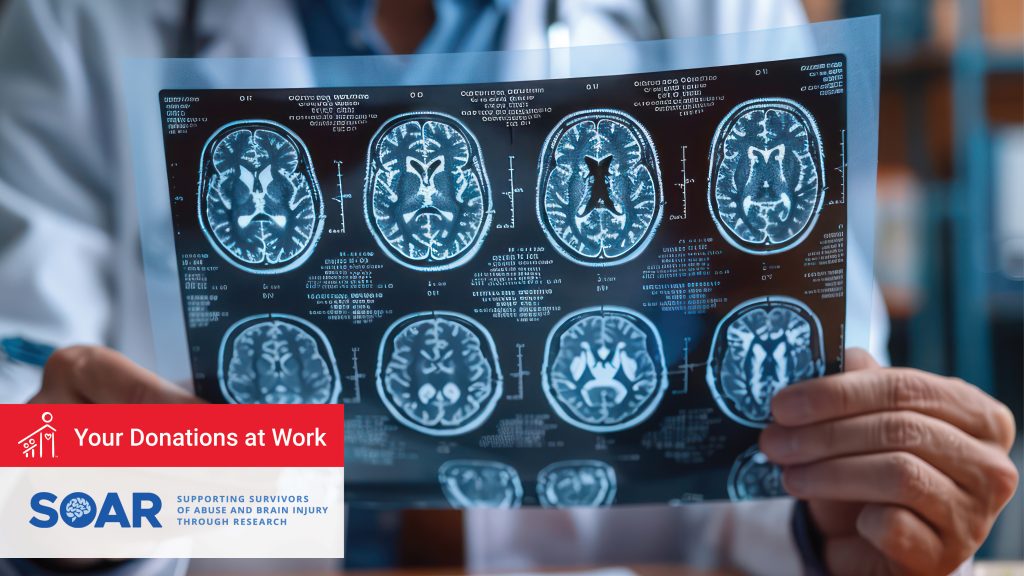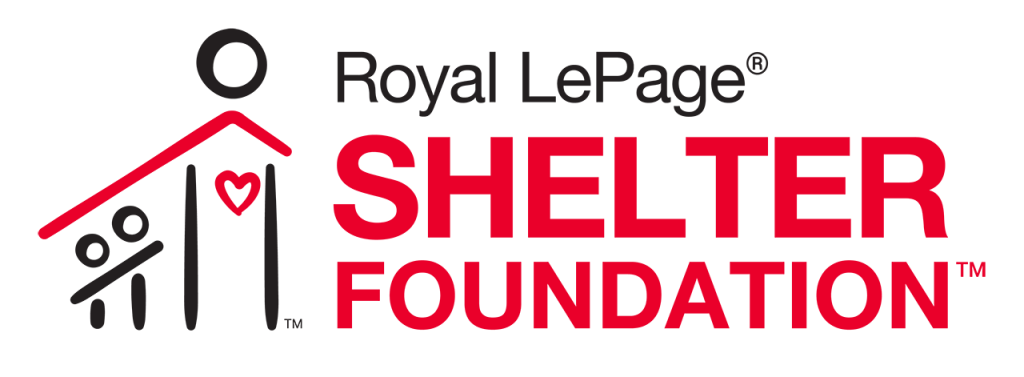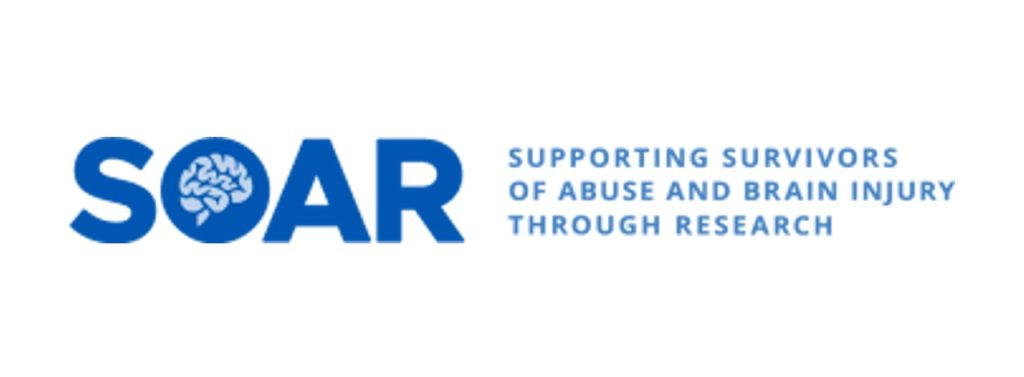
Royal LePage® professionals understand that a house is only a home if the people who live there feel safe. That’s why, more than 25 years ago, we unanimously agreed that helping women and children find safety from intimate partner violence should be where we channeled our big hearts and charitable efforts. In addition to granting millions of dollars to shelters and transition houses in communities across Canada, the Royal LePage® Shelter Foundation™ also funds organizations helping to prevent domestic violence, as well as those addressing emerging needs in the Violence Against Women sector. This series shares how your donations are being put to work in support of these vital priorities.


Your donations at work
In Canada, 44% of women report experiencing violence from an intimate partner during their lifetime. Alarmingly, research reveals that as many as 92% of these women may endure one or more brain injuries as a direct result of this abuse.When you consider that most physical abuse involves blows to the head, face, neck, and strangulation, it’s not surprising.
Yet, despite sports concussion stories continuing to dominate news headlines, little attention is paid to how common brain injury (BI) is among survivors of Intimate Partner Violence (IPV).
Supporting Survivors of Abuse and Brain Injury through Research (SOAR) is working to change that. This British Columbia-based charity is one of the few non-profit organizations in Canada with a singular focus on the intersection of IPV and BI. The Royal LePage® Shelter FoundationTM is proud to support their groundbreaking work with a grant of $75,000. These funds will be used to help kick start a training program for women’s shelters from coast to coast, equipping front line staff with the knowledge and skills they need to better support women who’ve experienced a BI from IPV.
“When we first heard the horrifying statistics on how many women were suffering a brain injury from intimate partner violence, and learned how many shelter workers still didn’t know how to recognize or respond to it, we knew this was a project we had to support as part of our commitment to helping women and children find safety and healing from domestic abuse,” said Lisa Gibbs, executive director of the Royal LePage Shelter Foundation.
The Royal LePage Shelter Foundation first became aware of this invisible public health crisis through hockey legend Trevor Linden, and a powerful public service announcement with YWCA Metro Vancouver. Highlighted in this video is a chilling reminder that for every one concussion in the NHL, more than 7,000 women, girls and gender diverse people in Canada suffer the same injury due to IPV every year.
BI can cause a range of devastating and often long-term psychological and emotional effects, all of which are that much more challenging for women who’ve experienced IPV, and are trying to keep a job, maintain safe and affordable housing, parent their kids, and manage their lives day to day. Many survivors don’t even realize they’ve suffered a BI. When service providers also aren’t educated on the issue, it can lead to survivors being perceived as forgetful, emotionally unstable, oppositional, and mentally ill.
“This project has the potential to form the basis for new, standardized best practices in identifying and supporting survivors at what is often their first point of contact after leaving an abusive relationship – a shelter – leading to better outcomes overall,” points out Karen Mason, co-founder and executive director of SOAR. “We’re so grateful to the Royal LePage Shelter Foundation for supporting such impactful work, and can’t wait to get started.”
Visit rlp.ca/donate to make a donation in support of the Royal LePage Shelter Foundation.
To learn more about SOAR, visit soarproject.ca.





